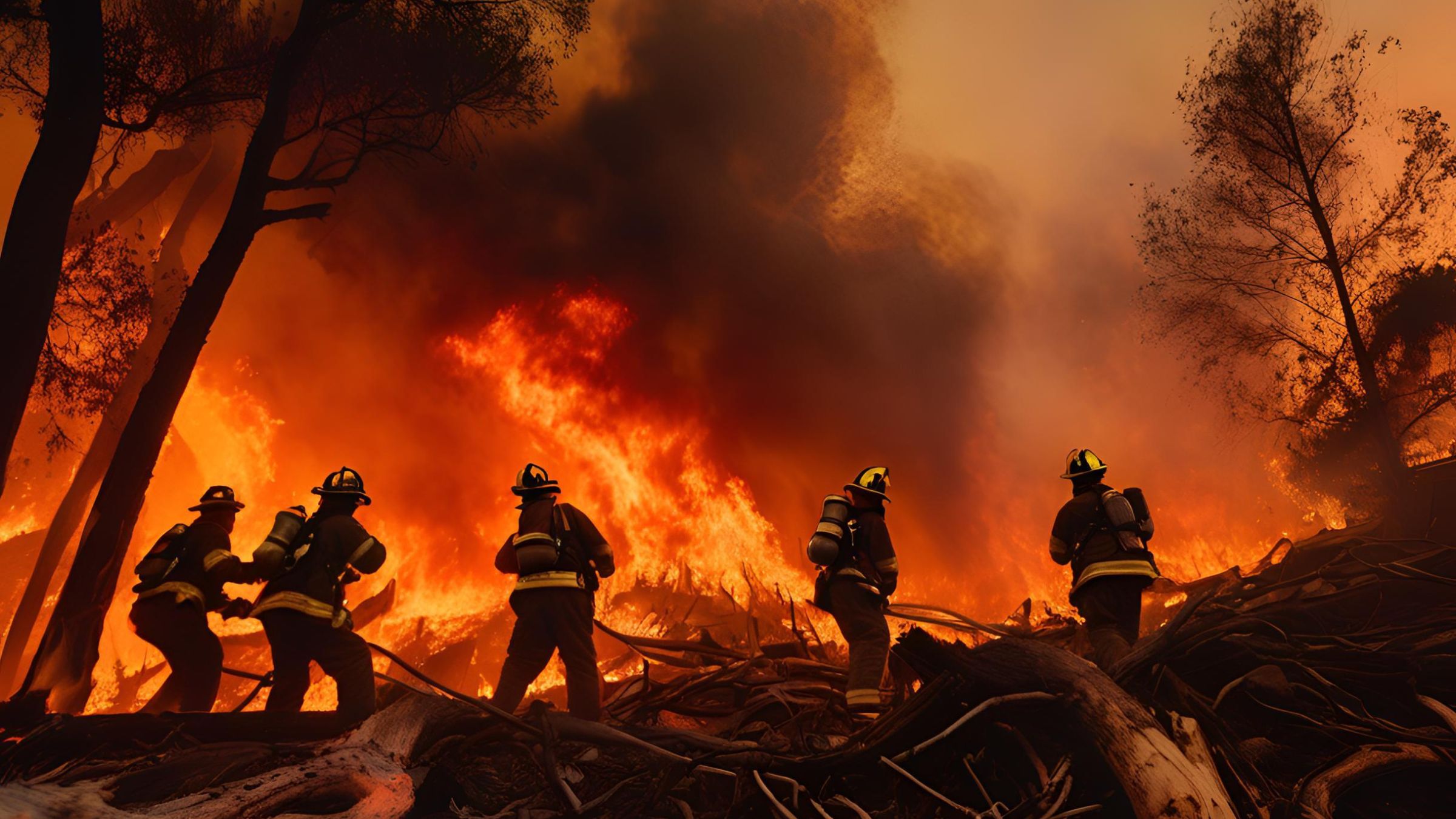In the aftermath of natural disasters, it’s unfortunate that scammers often exploit the situation to take advantage of vulnerable individuals. To help you stay vigilant, here are some common scams to watch out for:
1. Impersonation Scams
Fake Government Officials: Scammers may pose as FEMA or other government representatives, offering to expedite assistance for a fee or requesting personal information. Remember, official agencies do not charge for their services or ask for sensitive information over the phone or via email.
Unlicensed Contractors: Fraudulent contractors may offer quick repairs at low prices, demand upfront payments, and then disappear without completing the work. Always verify licenses and check references before hiring private local authorities before allowing access.
2. Contractor and Repair Scams
Unlicensed Contractors: Fraudulent contractors may offer quick repairs at low prices, demand upfront payments, and then disappear without completing the work. Always verify licenses and check references before hiring.
Price Gouging: Some may inflate prices for essential services or supplies post-disaster. Be wary of unusually high prices and report such instances to local consumer protection agencies.
3. Charity Scams
Fake Charitable Organizations: Scammers may solicit donations for disaster relief efforts through fake charities. Before donating, research the charity through platforms like Charity Navigator or GuideStar to ensure legitimacy.
4. Phishing Scams
Fraudulent Communications: Be cautious of emails, texts, or social media messages claiming to provide disaster-related information or assistance, as they may contain malicious links or request personal information. Avoid clicking on unknown links and verify the source before responding.
5. Rental Scams
Fake Rental Listings: Scammers may advertise nonexistent rental properties to those displaced by the disaster, collecting deposits or rent payments for properties they don’t own. Always verify the legitimacy of rental offers and avoid making payments before confirming availability.
Protective Measures
- Verify Identities: Always ask for identification and verify the credentials of anyone offering assistance or services.
- Avoid Upfront Payments: Do not make large upfront payments for services. Legitimate contractors typically require a reasonable deposit with the balance due upon completion.
- Use Official Channels: Seek information and assistance through official government websites or known reputable organizations.
- Report Suspicious Activity: If you encounter potential scams, report them to local law enforcement or the FEMA Disaster Fraud Hotline at 1-866-720-5721.
Staying informed and cautious can help protect you from scams during this challenging time. Always take the time to verify information and consult trusted sources before making decisions.



